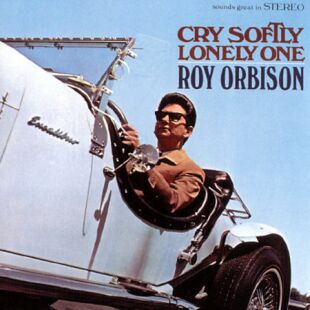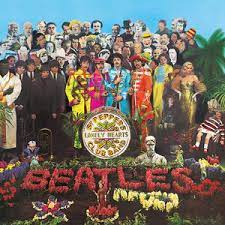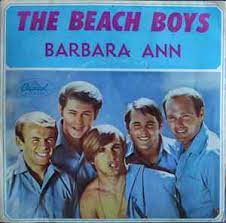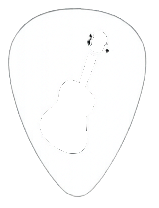Best Psychedelic 60s Bands
Guitar Songs You Can Learn
Step into the swirling sounds of the psychedelic 60s with this handpicked collection of unforgettable guitar songs.
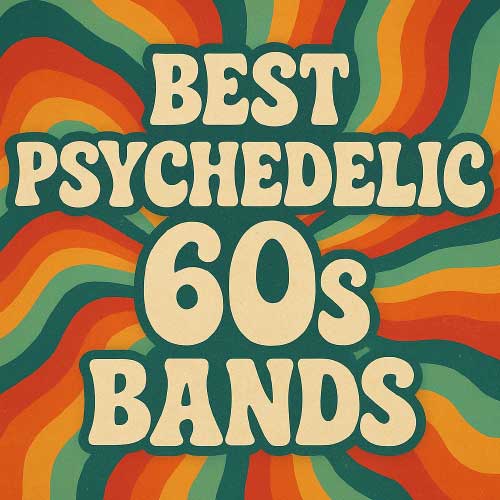
This page showcases nine influential bands who helped shape the era’s trippy, soul-searching soundscapes—blending garage rock, folk, pop, and experimentation into a musical movement that defined a generation.
From the harmonies of Buffalo Springfield to the raw power of Deep Purple and the electric passion of Jefferson Airplane, you’ll find the chords, rhythm, and strumming patterns to bring these songs to life.
Whether you're revisiting these classics or discovering them for the first time, each lesson is designed for acoustic players looking to dive deep into the spirit of the 1960s.
🎸 Overview Video -
“Watch This Preview of My
Best Psychedelic 60s Bands”
Soon.
Best Psychedelic 60s Bands Song List
1. Deep Purple - Hush2. Jefferson Airplane - Somebody To Love
1. Deep Purple Songs - Learn To Play On Guitar
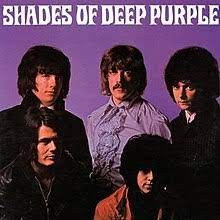
Hush was written by Joe South and first recorded by Billy Joe Royal in 1967. Deep Purple covered the song a year later and had a #5 hit with their version.
The song can be found on their "Shades Of Deep Purple" album from 1968.
Chords And Strumming
I play this one with a capo 3rd fret using a down up down up shuffle rhythm pattern and a few riffs in standard tuning. The chords you'll need are G, F, D, E, A and A7.
Guitar Lesson Details - (chords & lyrics sheet incl with lesson)
Chords & LyricsBack To Song List
2. Jefferson Airplane Songs - Learn To Play On Guitar
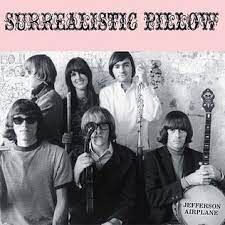
Somebody To Love was first recorded by a San Francisco group called The Great Society in 1965 but never had much impact. The writer, Darby Slick, has a sister-in-law in that group known as Grace Slick.
When these cats disbanded only after one year, Grace took this song with her to Jefferson Airplane. The song went on to reach #1 in Canada and #5 in the US and has become a 60s classic.
Chords And Strumming
Play this with a capo 4th fret using the chords Dm, G, C and F. No lead work here while playing a down down up down up down up and repeat rhythm pattern with down strokes in some places.
Guitar Lesson Details - (chords & lyrics sheet incl with lesson)
Chords & LyricsBack To Song List
These psychedelic 60s guitar songs capture the restless creativity and experimental energy of one of music’s most revolutionary decades.
Whether you're playing "For What It's Worth" or getting groovy with "Good Lovin'," these tracks offer a great mix of rhythm-driven strumming, melodic hooks, and chord changes that every acoustic guitarist can enjoy.
Keep exploring more hidden gems from the 60s right here on the site—there’s always another great tune waiting to be played.
If you liked this best psychedelic 60s bands page, you might also like ... (click images)
Popular Songs From The 60s
